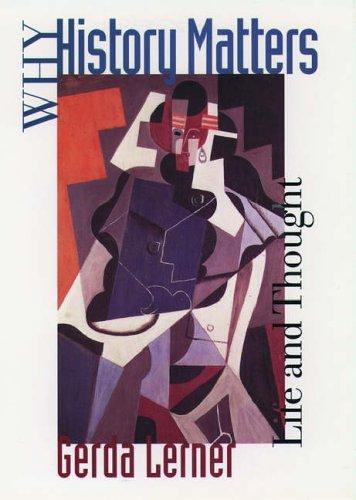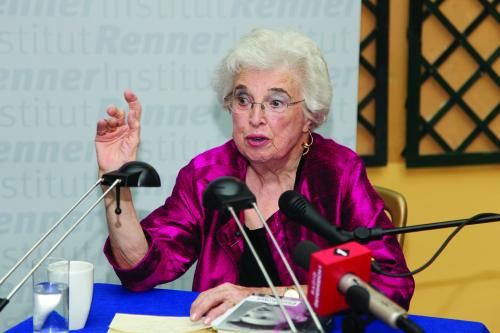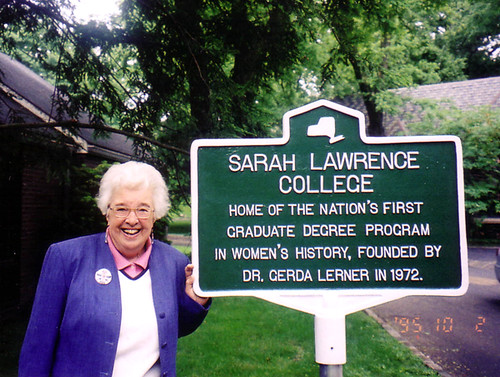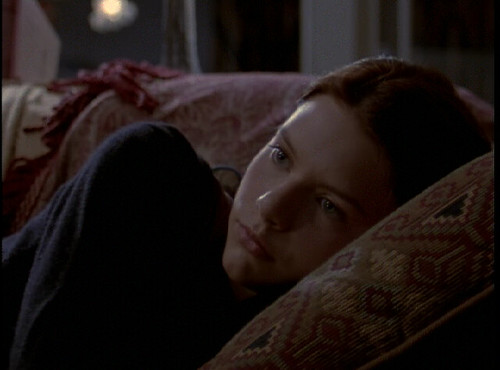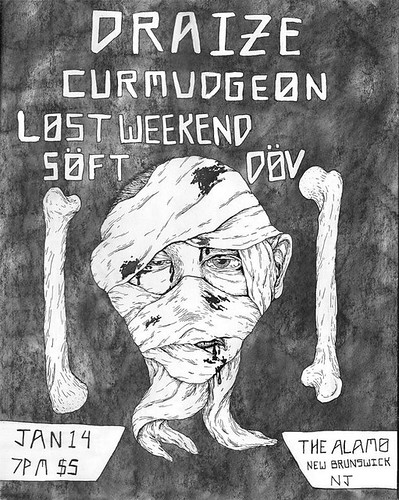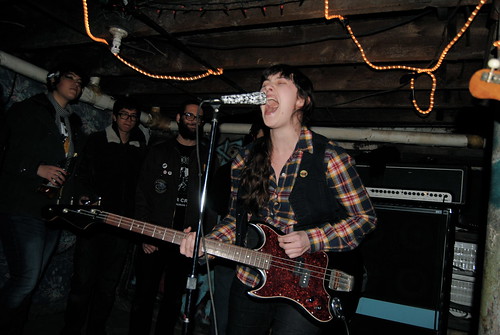I may as well just start by admitting that I am, like, beyond mortified at the way I've neglected this blog for the last six months. I've been saying "yeah I gotta post part two of that Little Lungs/grief piece, I'll do that this week" since, like, August. In my defense though, there's been a lot going on. Between my officially being back in school and having a mountain of reading to do, doing more zining and zine events, a trying holiday season fraught with family drama, a hurricane, and a predicted apocalypse that I knew wasn't going to happen after seven years in Latin American Studies but that I worried about anyway, it's been kind of hectic.

It's been a weird year in general. Despite my best efforts to continuously move forward, despite trying to do at least some things consistently, so much about this year has felt transitional. I spent a lot of it deciding to end certain things, either unequivocally and permanently or on a temporary basis to be defined at some later date. And then I spent a lot of time not jumping into new projects or relationships, and thinking through what I wanted to do and where I wanted to go next.
Which fits in with what I learned about 2012 and the end of the Mayan calendar at school. One of my favorite professors described it in one of our core courses, explaining the three wheels of the calendar and the way they were meant to click together, and the concept of the 'long count'. He told us that the calendar did indeed 'end' in December of 2012, but that it also started over again. He told us to think of it not as the end of the physical world, but as the end of a certain way of thinking, a fundamental or even radical "change in consciousness". That sounds sort of esoteric, I know; it's not easy to explain. But I know that my consciousness, and my awareness of both myself and of how intricately and complexly everything and everyone is linked, has certainly deepened, and changed how I think. And I'm pretty sure I'm not the only person who feels this way.
Even if it's just me though: what better way to mark one's increased understanding of the universe than by making a mix? Making playlists as a way of reflecting what's happened over the year is something I like to do anyway, and there's been a lot to consider this time around. It's been a bizarre, busy, educational, and seemingly endlessly character-building twelve months. It's been a year of wrestling with anxiety about the future, learning how to deal with that anxiety, and learning how to remove the people and things that exacerbate or manipulate that anxiety from my life. It has been a year of quiet, controlled destruction, and also very real, literal, uncontrollable destruction, all of which in retrospect, I feel I should have expected. After all: the Mayans totally saw it coming, and they're usually right.
It hasn't just been about destruction though. It's also been a year of preparation, of making space, for a lot of rebuilding in 2013. It's been the end of the world as we, or at least I, know it, and unbelievably enough, I feel fine.
So, with that: see you all next year. I swear!
[Image: embedded 8tracks playlist titled "2012: we were SO warned". In the image a Mayan temple with the numbers '2012' floating over it sits under a dark, starry sky.]
1. January: "Sure Shot" by Yellowcard
2. February: "I'm Melting!" by Rainer Maria
3. March: "Why Bother" by Weezer
4. April: "Estranged" by Little Lungs
5. May: "100%" by Sonic Youth
6. June: "180 by Summer" by Taking Back Sunday
7. July: "Bad Friends Forever" by Carnal Knowledge
8. August: "Epic Failure" by Teen Wolves
9. September: "Arm Candy" by Hysterics
10. October: "Head of the Baptist" by Cursed
11. November: "War eternal" by Condenada
12. December: "Turn it Off" by Outlook

It's been a weird year in general. Despite my best efforts to continuously move forward, despite trying to do at least some things consistently, so much about this year has felt transitional. I spent a lot of it deciding to end certain things, either unequivocally and permanently or on a temporary basis to be defined at some later date. And then I spent a lot of time not jumping into new projects or relationships, and thinking through what I wanted to do and where I wanted to go next.
Which fits in with what I learned about 2012 and the end of the Mayan calendar at school. One of my favorite professors described it in one of our core courses, explaining the three wheels of the calendar and the way they were meant to click together, and the concept of the 'long count'. He told us that the calendar did indeed 'end' in December of 2012, but that it also started over again. He told us to think of it not as the end of the physical world, but as the end of a certain way of thinking, a fundamental or even radical "change in consciousness". That sounds sort of esoteric, I know; it's not easy to explain. But I know that my consciousness, and my awareness of both myself and of how intricately and complexly everything and everyone is linked, has certainly deepened, and changed how I think. And I'm pretty sure I'm not the only person who feels this way.
Even if it's just me though: what better way to mark one's increased understanding of the universe than by making a mix? Making playlists as a way of reflecting what's happened over the year is something I like to do anyway, and there's been a lot to consider this time around. It's been a bizarre, busy, educational, and seemingly endlessly character-building twelve months. It's been a year of wrestling with anxiety about the future, learning how to deal with that anxiety, and learning how to remove the people and things that exacerbate or manipulate that anxiety from my life. It has been a year of quiet, controlled destruction, and also very real, literal, uncontrollable destruction, all of which in retrospect, I feel I should have expected. After all: the Mayans totally saw it coming, and they're usually right.
It hasn't just been about destruction though. It's also been a year of preparation, of making space, for a lot of rebuilding in 2013. It's been the end of the world as we, or at least I, know it, and unbelievably enough, I feel fine.
So, with that: see you all next year. I swear!
1. January: "Sure Shot" by Yellowcard
2. February: "I'm Melting!" by Rainer Maria
3. March: "Why Bother" by Weezer
4. April: "Estranged" by Little Lungs
5. May: "100%" by Sonic Youth
6. June: "180 by Summer" by Taking Back Sunday
7. July: "Bad Friends Forever" by Carnal Knowledge
8. August: "Epic Failure" by Teen Wolves
9. September: "Arm Candy" by Hysterics
10. October: "Head of the Baptist" by Cursed
11. November: "War eternal" by Condenada
12. December: "Turn it Off" by Outlook

